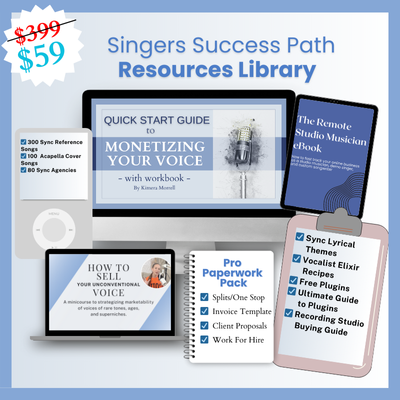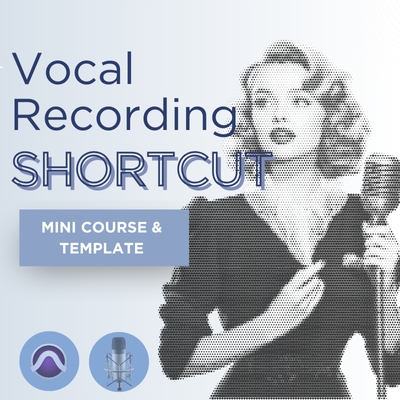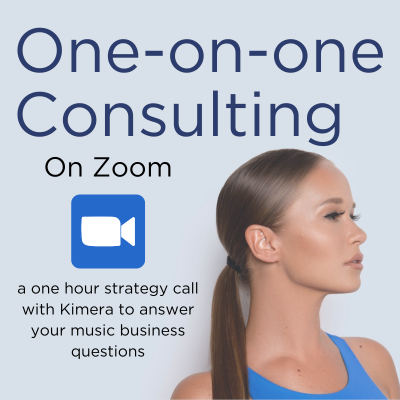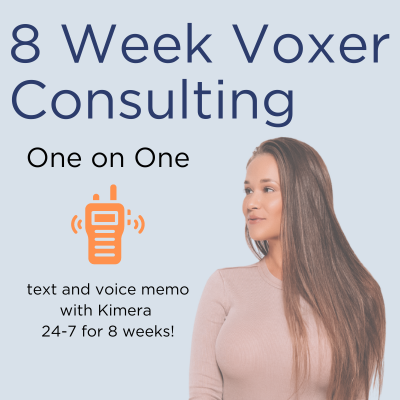
How to Get Your Music into TV and Film
Kimera MorrellWhether you're just starting out writing music for tv and film or are already established in sync licensing, these rules can help you find your path to securing sync placements.
Rule #1: Make Great Music
It's not enough to just send in your back catalog of old songs. Your music needs to sound radio-ready to compete effectively. Even if you're new to recording, you can still achieve this. For those of you who are seasoned, there's always room for improvement.
Tune Your Vocals: The number one killer of a great song in 2022 is untuned vocals. As a professional singer, I understand the resistance to tuning an already great vocal. However, industry standards have shifted towards perfection. Our ears are now attuned to perfectly sung pitches, and untuned vocals might be perceived as bad singing. So, if you want placements, ensure your vocals are tuned to meet industry standards.
Mix and Master Properly: If mixing isn't your strong suit yet, keep practicing or consider hiring a professional. There are plenty of resources, presets, and templates to help guide you. Over time, you’ll get better, but starting with a well-mixed and mastered track can make a significant difference.
Strategize for Songwriters: If you’re new to recording, you don't sing like Taylor Swift, or don't produce/engineer yourself, don’t worry. You can still make an impact by investing in yourself. Hire professionals to help you create 3-5 high-quality recordings of your songs. Websites like SoundBetter.com are great for finding these professionals. Once you have a solid catalog, you’ll have more to share with other producers and songwriters, eventually reducing your need to pay for services.
Rule #2: Pitch the Right Way
Approach Sync Decision Makers with Finesse: Many of my placements came through relationships rather than direct pitches. Working with producers and co-writers who are already connected with successful agencies can open doors. I often return the favor by introducing my producers to agencies I'm connected with. It’s a network-building process where sharing is caring!
Be the Plug: Attend sync events, expos, online conferences, and listening sessions to network with decision makers. Agents, reps, and music supervisors often speak at these events, providing valuable information on how they prefer to receive submissions. However, respect their preferences—if they say they’re too busy to respond to emails, don’t push it.
Understand Submission Processes: Check out agency websites for submission guidelines. Many agencies accept unsolicited submissions but have specific processes. Follow their guidelines carefully, and avoid attaching mp3s to emails. Instead, use streaming links that allow downloads (Disco.ac, SoundCloud, Box, and Dropbox are good options).
Research and Personalize: When reaching out, do your homework. For example, if an agency recently placed music in GMC truck commercials, mention it in your pitch. Say something like, “I loved your placements of those big rock anthems in the latest GMC ads. I specialize in that genre—do you need more music like that?” Avoid sending follow-up emails too soon if you don’t get a response. Be genuine, relaxed, and patient.
Rule #3: Stay Current and Consistent
Research Sync Needs: Music trends evolve, and what’s popular now might fade over time. Stay updated on current trends and research what’s working. Tools like iSpot.tv and Tunefind.com can help you identify recently used music. Watch recent ads on YouTube and analyze what makes the songs effective. Note the lyrical content, tempo, emotional impact, and genres used.
Consider Edit Points: When creating music for sync, think about edit points. Songs are often edited for commercials and need to have moments where they can start or stop quickly. Having these features can give you an edge when your track is competing with others.
Create Playlists: Build playlists of vibes that are currently working in sync music and that you enjoy creating. This will help you stay inspired and focused on producing high-quality music that meets the needs of the industry.
Getting sync placements and building up royalties is a long game revenue stream and I think everyone should get into it. BUT it isn't the only way to earn an income with your music. If you want to learn more, check out this playlist on my Youtube channel:
![Master List of Revenue Streams [FREE]](http://kimerav.com/cdn/shop/files/SSP_Resources_Square_1.png?v=1722012080&width=533)
![Vocal Recording Simplified Handbook [FREE]](http://kimerav.com/cdn/shop/files/SSP_Consulting.png?v=1722012447&width=533)






